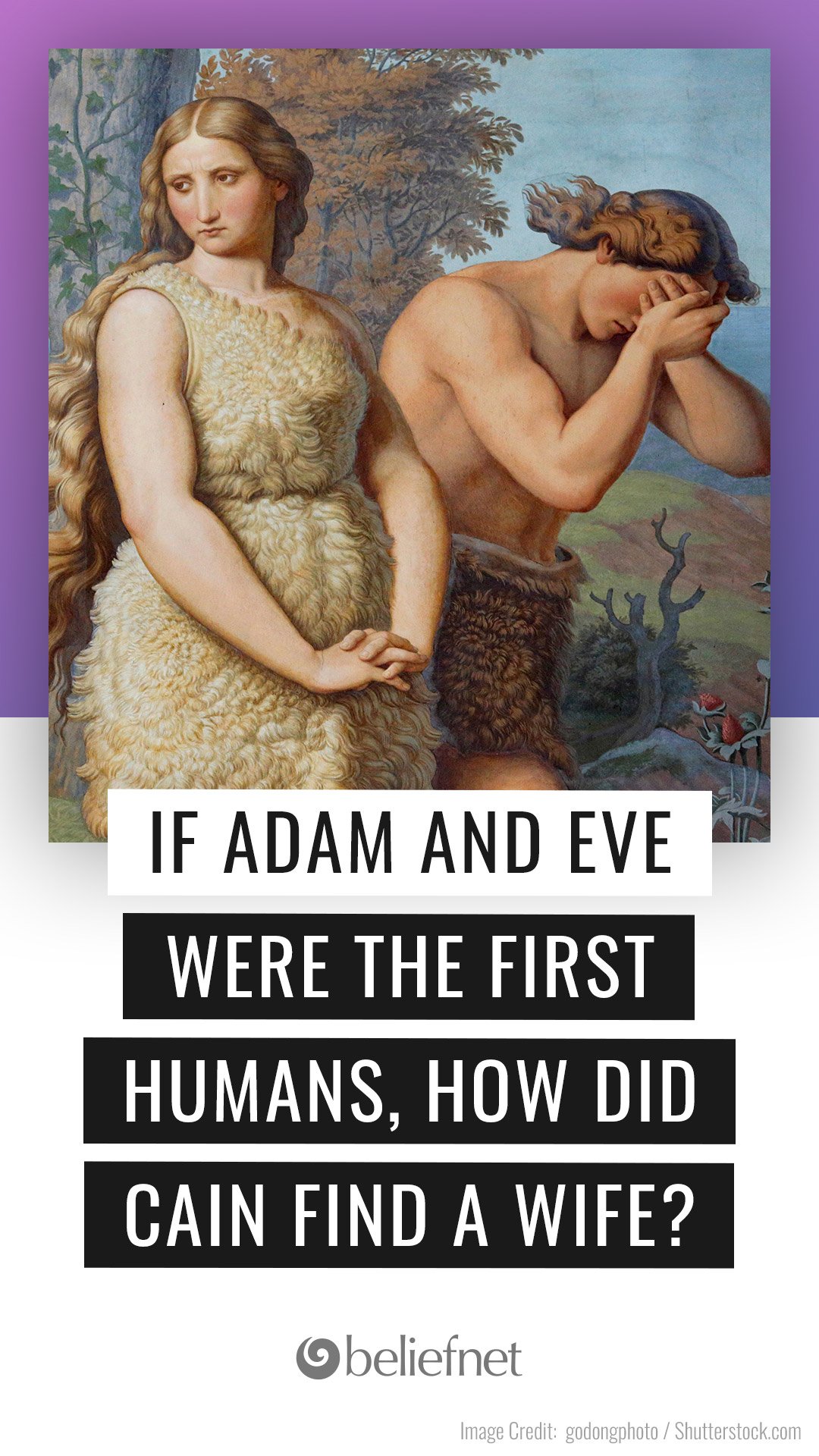Did Cain Marry a Relative?

The narrative of Adam and Eve’s sons, Cain and Abel, is succinctly captured in the Bible, spanning just a chapter with additional genealogical details thereafter. The phrase “Cain and Abel” resonates culturally, symbolizing a deep-seated narrative familiar to many. This discussion delves into the biblical account of these siblings.
Who Were Cain and Abel?
According to Genesis 4, Adam and Eve bore two sons, Cain and Abel, post their expulsion from Eden. Cain, the elder, took to farming, while Abel tended to flocks. Both made offerings to God—Abel from his flocks and Cain from his crops. God favored Abel’s offering, inciting Cain’s jealousy. This envy led Cain to deceitfully lead Abel to the field and murder him. Following this, God confronted Cain, who responded evasively about Abel’s whereabouts. Consequently, God decreed Cain would wander the earth as a nomad, a fate which Cain lamented. God then marked Cain, ensuring his protection from potential assailants.
Identifying Cain’s Wife
The Bible remains silent on the specifics of Cain’s wife, suggesting she could have been his niece, sister, or even great-niece. Genesis 5:4 hints at multiple offspring from Adam and Eve, indicating a considerable progeny at the time of Abel’s demise. Given Adam and Eve were the progenitors of all future humans, their descendants had no choice but to intermarry. This necessity was sanctioned by God until such time as human populations diversified, as later stipulated in Leviticus 18:6-18. Initially, the genetic perfection of Adam and Eve meant their descendants could safely intermarry without the genetic risks associated with close kinship seen today.
The Necessity and Evolution of Biblical Incest
The Bible documents multiple instances of what modern society would classify as incest, including the unions of Abraham and his half-sister Sarah, and Lot with his daughters. Initially, such relationships were not deemed incestuous but were essential for human proliferation. Over time, as the genetic pool diversified and potential genetic risks became apparent, God prohibited such unions. The early biblical “incest” differed markedly from today’s concept, which often involves exploitation and abuse. In biblical times, these marriages were often equitable unions aimed at family continuity.
By Moses’ era, the human genetic pool had deteriorated sufficiently to necessitate prohibitions against close kin marriages. Thus, God introduced laws to safeguard future generations against the genetic detriments of incestuous relationships. The biblical narrative of Cain finding a wife among his relatives highlights the pragmatism of early human societies in ensuring survival through intra-family marriages, a practice later revised by divine command as populations grew and diversified.



